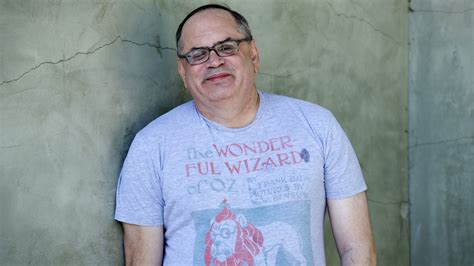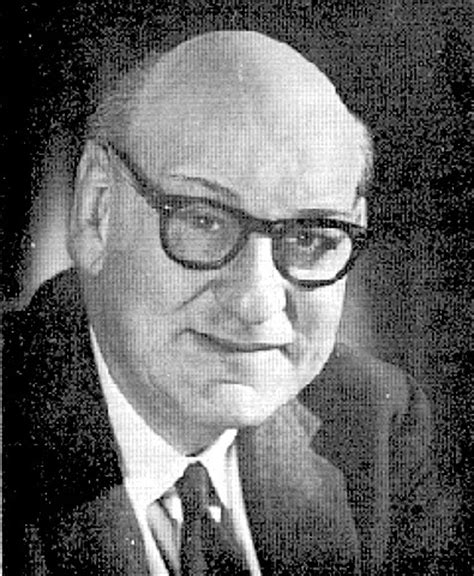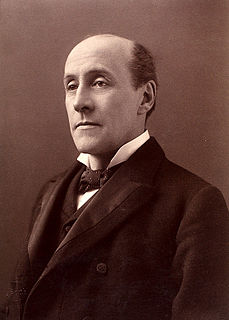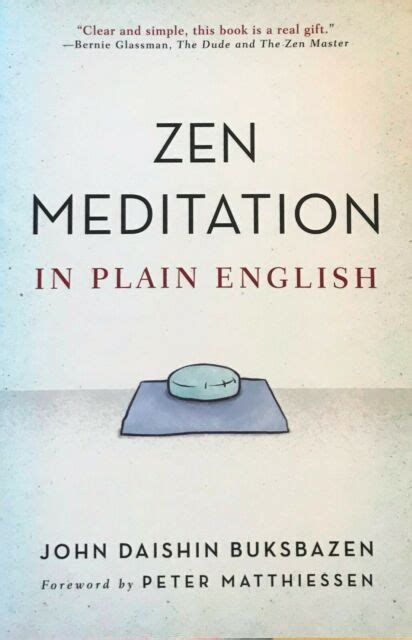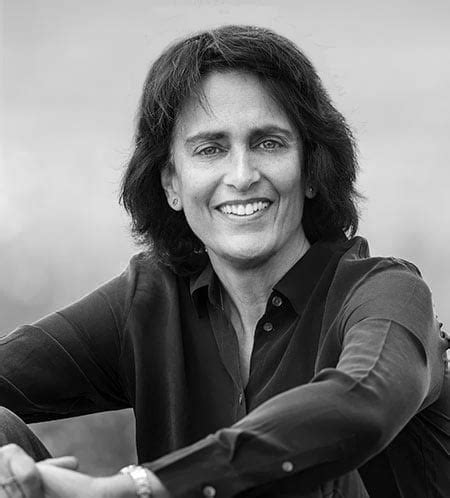A Quote by Michael Silverblatt
The book is an experience that allows you to witness your feelings without having to surrender to them, to succumb to them, or to be battered by them. It gives you access to a deep knowledge of how you would respond to things you would never, thank goodness, have been required to experience.
Related Quotes
Feelings come and feelings go. There is no need to fear them and no need to crave them. Be open to your feelings and experience them while they are here. Then be open to the feelings that will come next. Your feelings are a part of your experience. Yet no mere feeling, however intense it may seem, is your permanent reality.
In the deep, unwritten wisdom of life there are many things to be learned that cannot be taught. We never know them by hearing them spoken, but we grow into them by experience and recognize them through understanding. Understanding is a great experience in itself, but it does not come through instruction.
I think that is what you want to do as a cinemagoer - to experience something fully. Some things don't let you experience them fully. It may be your own preordained prejudice where you can't experience them fully. But when you come out of the cinema having felt, thought, and experienced your way through two hours, that is a really cool thing.
I learned very early on not to speak to my folk from on high, but to get down with them, beside them, showing them how to act rather than telling them. And I suggested that they should do the same with one another: that they didn't need a book of rules to tell them what to do and what not to do, but experience and action.
Perhaps we can only truly serve those we are willing to touch, not only with our hands but with our hearts and even our souls. Professionalism has embedded in service a sense of difference, a certain distance. But on the deepest level, service is an experience of belonging, an experience of connection to others and to the word around us. It is this connection that gives us the power to bless the life in others. Without it, the life in them would not respond to us.
To me a good book is like a quiet friend—a friend who’s happy to share thoughts and feelings with you, who’s always there when you need them. Best of all, this friend doesn’t have any secrets. They trust you to understand them. They take you to their innermost places. They share their sensations and emotions—and they let you experience them. Wherever you go and however you feel, they are always by your side. For an hour, a day, a week, or forever, their life becomes yours. Their story is your story. That’s the kind of book I’m trying to write.
Over the next four days, I want you to write about your deepest emotions and thoughts about the most upsetting experience in your life. Really let go and explore your feelings and thoughts about it. In your writing, you might tie this experience to your childhood, your relationship with your parents, people you have loved or love now or even your career. How is this experience related to who you would like to become, who you have been in the past, or who you are now?.
As you develop relationships in your team you have to learn how your teammates react to being yelled at or how to put your arm around them and show them how to do things. You have to build those relationships up and understand who that person is and how they respond and choose your way to lead them to hopefully help everyone out.
There is no fulfillment in things whatsoever. And I think one of the reasons that depression reigns supreme amongst the rich and famous is some of them thought that maybe those things would bring them happiness. But what, in fact, does is having a cause, having a passion. And that's really what gives life's true meaning.
In explaining the growth of his faith, psychiatrist Gerald May writes, "I know that God is loving and that God’s loving is trustworthy. I know this directly, through the experience of my life. There have been plenty of times of doubt, especially when I used to believe that trusting God's goodness meant I would not be hurt. But having been hurt quite a bit, I know God's goodness goes deeper than all pleasure and pain it embraces them both." Ruthless Trust, pg 22
Me writing the book and the subsequent interactions that we had were actually the cap on that experience. We were still in this weird purgatory about it when I published the book. When I gave them the galleys and what ensued after that, then I understood a lot more about our relationships and what the experience meant to them. I'd never wanted to know what they thought about it at all.
